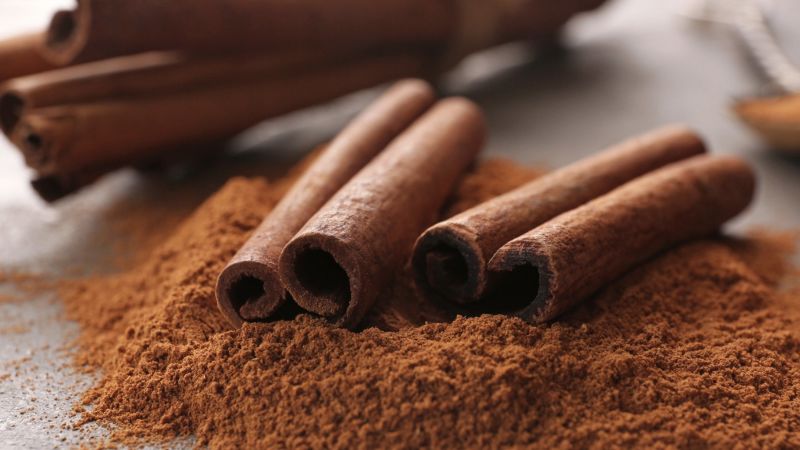Cinnamon and Type 2 Diabetes
Diabetes Statistics in the U.S.
The prevalence of diabetes in the United States remains a significant health concern, with an increasing number of individuals diagnosed each year. Type 2 diabetes, in particular, poses a complex challenge due to its multifaceted nature.
While the pancreas still produces insulin in type 2 diabetes, the body either cannot use it effectively (insulin resistance) or doesn’t produce enough insulin to maintain normal blood sugar levels. Lifestyle factors, genetic predisposition, and environmental elements contribute to its onset.
Tip: Please fill out the form if you or a friend would like more information on blood glucose monitors.
Unraveling Cinnamon’s Role
Cinnamon, a staple spice in various cuisines globally, has garnered attention for its potential health benefits, particularly in blood sugar management.
Extracted from the bark of various Cinnamomum species, this spice contains bioactive compounds like cinnamaldehyde, which exhibit antioxidant and anti-inflammatory properties.
Beyond its role in culinary applications, traditional medicine has historically attributed cinnamon with various health benefits, including aiding digestion and alleviating colds.
Must Read CGMs in noncritical care hospitals optimizes glycemic control
Mechanisms Behind Cinnamon’s Influence on Blood Sugar
The mechanism through which cinnamon impacts blood sugar involves its interaction with insulin signaling pathways. Some studies suggest that cinnamon compounds can mimic insulin, facilitating the movement of glucose into cells.
Other research indicates that cinnamon may stimulate insulin receptors or inhibit enzymes that inactivate insulin, enhancing the hormone’s effectiveness. Additionally, its antioxidant properties might play a role in reducing oxidative stress, a contributing factor in insulin resistance.
Read Guide about Wegovy Dosage Guide: The Best Way For Weight Loss
Mixed Outcomes in Studies
The variability in outcomes across studies examining cinnamon’s effect on blood sugar levels often arises due to differences in methodology, participant demographics, and the types and doses of cinnamon used.
Some trials reported positive impacts on fasting blood sugar levels, showing promise in improving insulin sensitivity.
However, the inconsistency in lowering hemoglobin A1C levels, a marker of long-term glucose control, suggests the need for further exploration into cinnamon’s comprehensive effects on diabetes management.
Medical Association Stance and Recommendations
While acknowledging the intriguing potential of cinnamon in influencing blood sugar, major health organizations remain cautious about advocating its widespread use as a standalone treatment for diabetes.
The American Diabetes Association emphasizes the importance of evidence-based interventions and recommends consulting healthcare providers before incorporating cinnamon supplements into diabetes management plans.
The lack of definitive evidence necessitates careful consideration and individualized approaches when integrating cinnamon into treatment regimens.
Also, read about Roche Pharmaceuticals Buys Carmot Therapeutics for $2.7B
Conclusion
Cinnamon’s potential benefits in diabetes management warrant deeper exploration through rigorous scientific research and clinical trials.
While initial findings are promising, definitive conclusions about its efficacy as a primary treatment for diabetes remain elusive.
Emphasizing a holistic approach to diabetes management, which includes medication, dietary modifications, exercise, and lifestyle changes, is crucial.
Collaborative efforts between researchers, healthcare providers, and patients are essential to unraveling cinnamon’s role and potential applications in the context of diabetes care.


